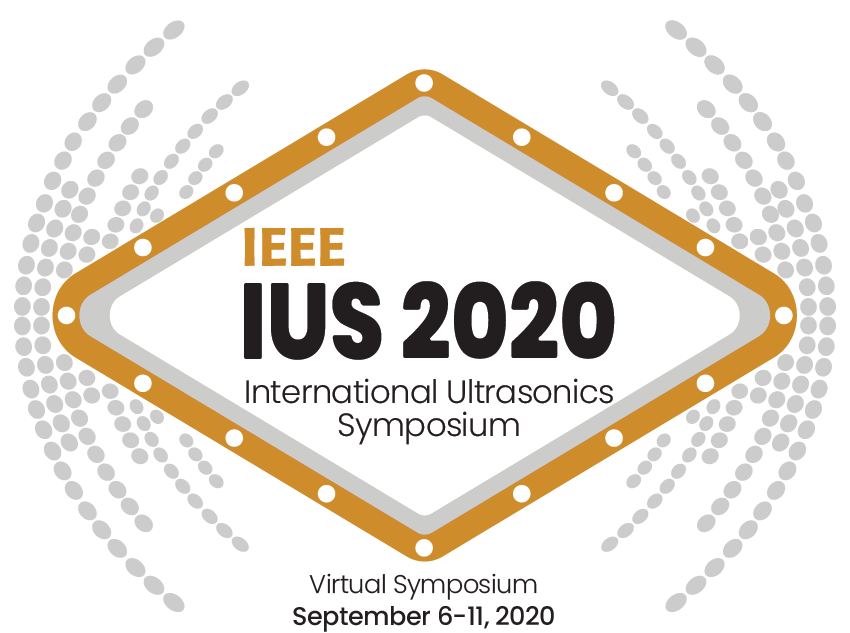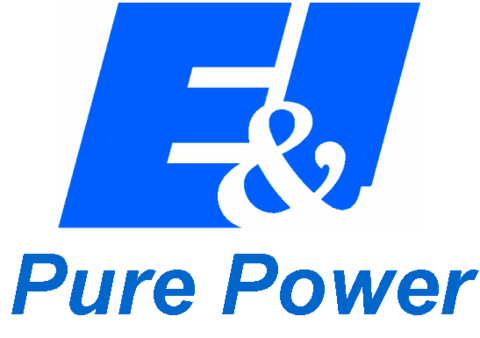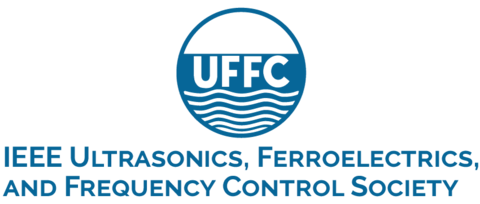Abstract
Monolithic integration of AlN filters with state of the art CMOS has been demonstrated by multiple groups. The additional post-CMOS processing required for this type of integration has thus far been cost-prohibitive for productization. An alternate approach is to identify and utilize layers intrinsic to the CMOS process that can function as electromechanical transducers. In this talk, I will present two types of CMOS transducers that we have investigated in the HybridMEMS lab over the past decade.
The first example exploits electrostatic transduction using the gate dielectric of standard CMOS processes including Global Foundries 32nm SOI and 14nm FinFET technologies. With no violations to the foundry design rules and no post-processing or special packaging, we have demonstrated resonators in these CMOS technologies ranging from 3 to 30 GHz, with frequency-quality factor products exceeding 1013 Hz. Second, with the emergence of ferroelectric materials in CMOS for memory devices, there is an opportunity to leverage the piezoelectric properties of these films for transduction in CMOS. In Texas Instruments FeRAM CMOS technology, we demonstrated resonators with switchable and hysteretic properties that enable unique opportunities for phase tuning and programmability at radio frequencies.
The performance of these devices requires the co-design of resonance cavities and transducer geometry. I will describe the methodology and modeling of the resulting phononic waveguides composed of the transducer and surrounding layers in the CMOS stack.
Recently, the CMOS community has identified Hafnium Zirconate as a promising material for Ferroelectric Field Effect Transistor (FEFET) devices to be used for memory. Combining the benefits of scaled CMOS devices and the piezoelectric tunable properties of this ferroelectric open doors for low phase noise oscillators and signal processing at mm-wave frequencies.











